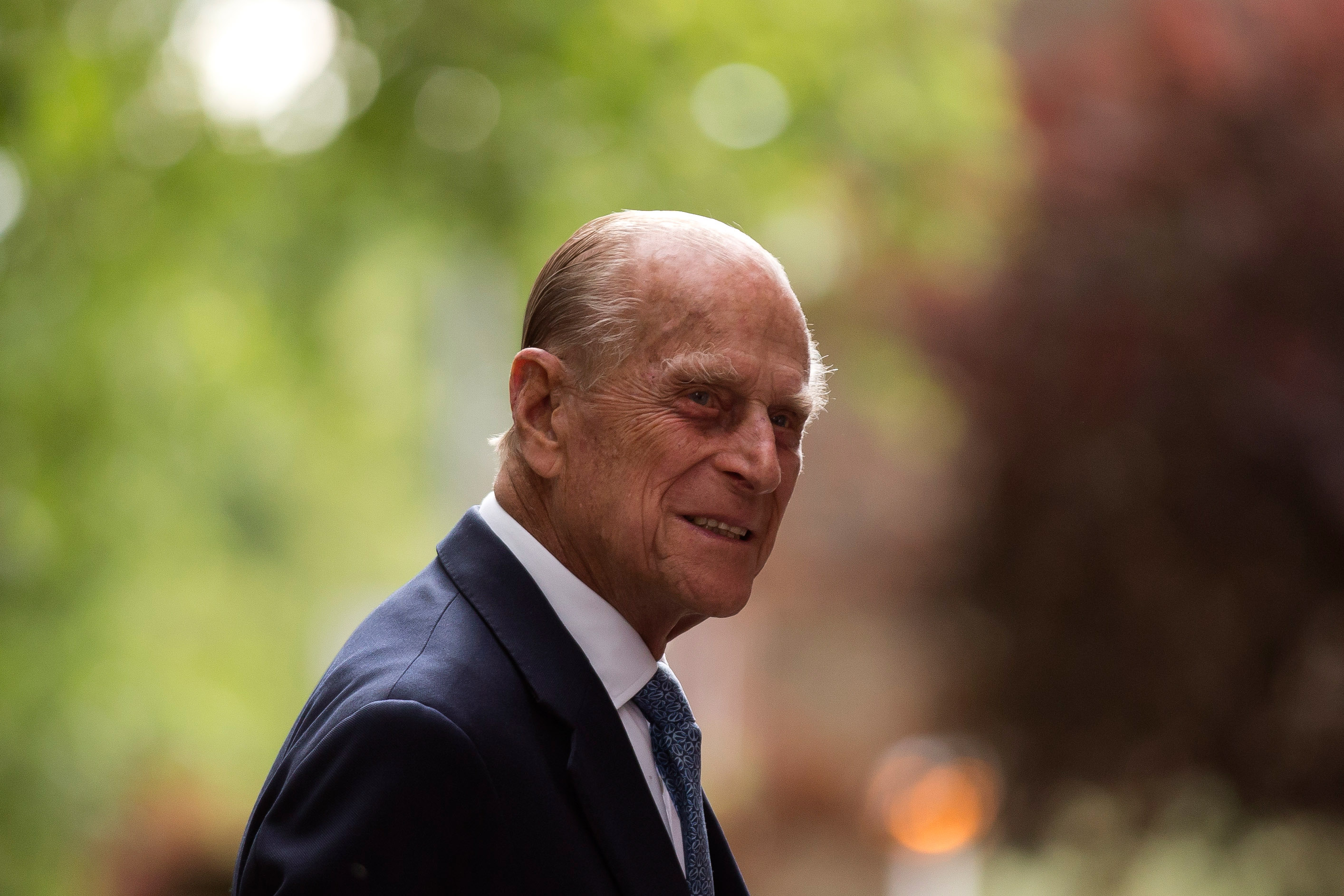Prince Philip’s Death Resurrects His Problematic Comments Against Women
When a public figure passes away, it consumes media attention and plunges fans and critics alike into an uncomfortable space. How do we remember someone’s life? Do we point to their accomplishments as a marker of their success? Do we allow the people who knew them best to speak for them and help shape their memory? Do we make space for their flaws to give an honest account of a complex legacy?
These are the questions many are facing as Prince Philip‘s death at the age of 99 is processed across the globe. The entire British royal family has already been under intense scrutiny following the revelations of the “Megxit” scandal, and now Prince Philip’s passing has opened up yet another window to the positives and negatives of the royal influence.
Prince Philip certainly leaves behind a meaningful legacy, but it would be dishonest to pretend it is without flaws. One element of Prince Philip’s life that is coming forward is his problematic comments on women.
Prince Philip lived a noteworthy life

No matter where you stand on Prince Philip’s passing, there’s no denying that his life was a remarkable one. Born in Greece in 1921, Prince Philip entered a life of luxury and privilege — but the comfort of that position was short-lived.
As Biography.com explains, his family was banished from the country shortly after he was born. He found himself punted between family members and living in France, Germany, and Britain.
In 1947, Prince Philip’s life was forever changed when he married his distant cousin, Queen Elizabeth II, the daughter of King George VI and Queen Elizabeth. In 1952, King George died, leaving his daughter the heir to the throne.
The transition into this role would reportedly serve as a strain on the marriage, but ultimately, the pair found a way through. For the next six decades, Prince Philip would serve as consort to the queen.
Prince Philip left a complicated legacy
Prince Philip leaves behind a complicated legacy that includes plenty of meaningful moments and important connections to people in power.
As Express reports, Prince Philip leaves behind a list of accomplishments that include active service in World War II and rising through the ranks of the Royal Navy. As a working royal, he completed more than 22,000 solo engagements. His work helped to promote the World Wildlife Fund and support environmental causes. He was also an award-winning polo player and a licensed pilot. By all accounts, he lived a full and impressive life.
At the same time, he was known for his off-the-cuff remarks that often went against the formal royal protocol. His comments were often controversial, and many racist statements have resurfaced in the days since his death.
Comments about women haunt Prince Philip’s legacy
It’s not just racist remarks that will mar Prince Philip’s legacy. He also left behind many unsavory comments about women. As Insider reports in a list that includes many of Prince Philip’s problematic remarks, the comments about women stretch back for decades.
In 1984, he asked a Kenyan woman bestowing him a gift, “You are a woman, aren’t you?” In 1988, he commented, “I don’t think a prostitute is more moral than a wife, but they are doing the same thing.” In 2009, he asked a female Sea Cadet if the nightclub she worked at was a strip club.
For those willing to overlook Prince Philip’s ills as they tell the tale of his life, these comments come across as antiquated gaffes. However, for critics who want to hold the institution of the Royal Family accountable for their worldview, Prince Philip’s history of casual racism and sexism points to a darker pattern of behavior that is worth more careful consideration.



